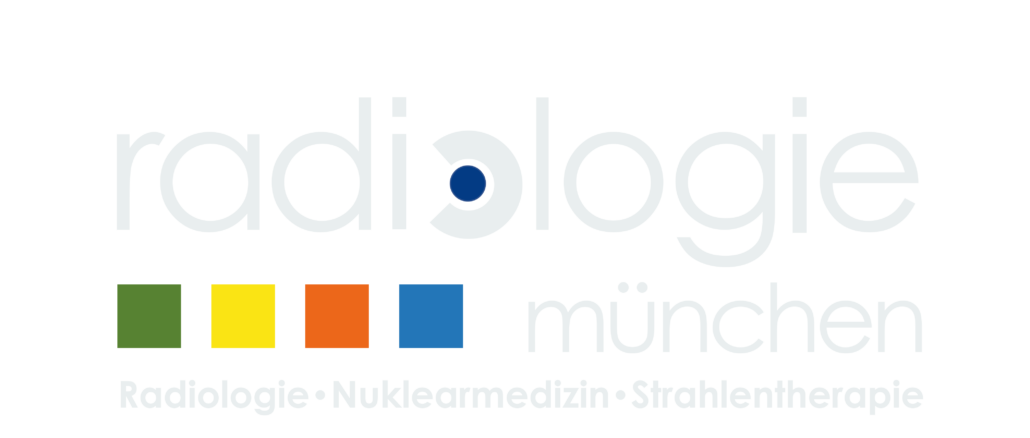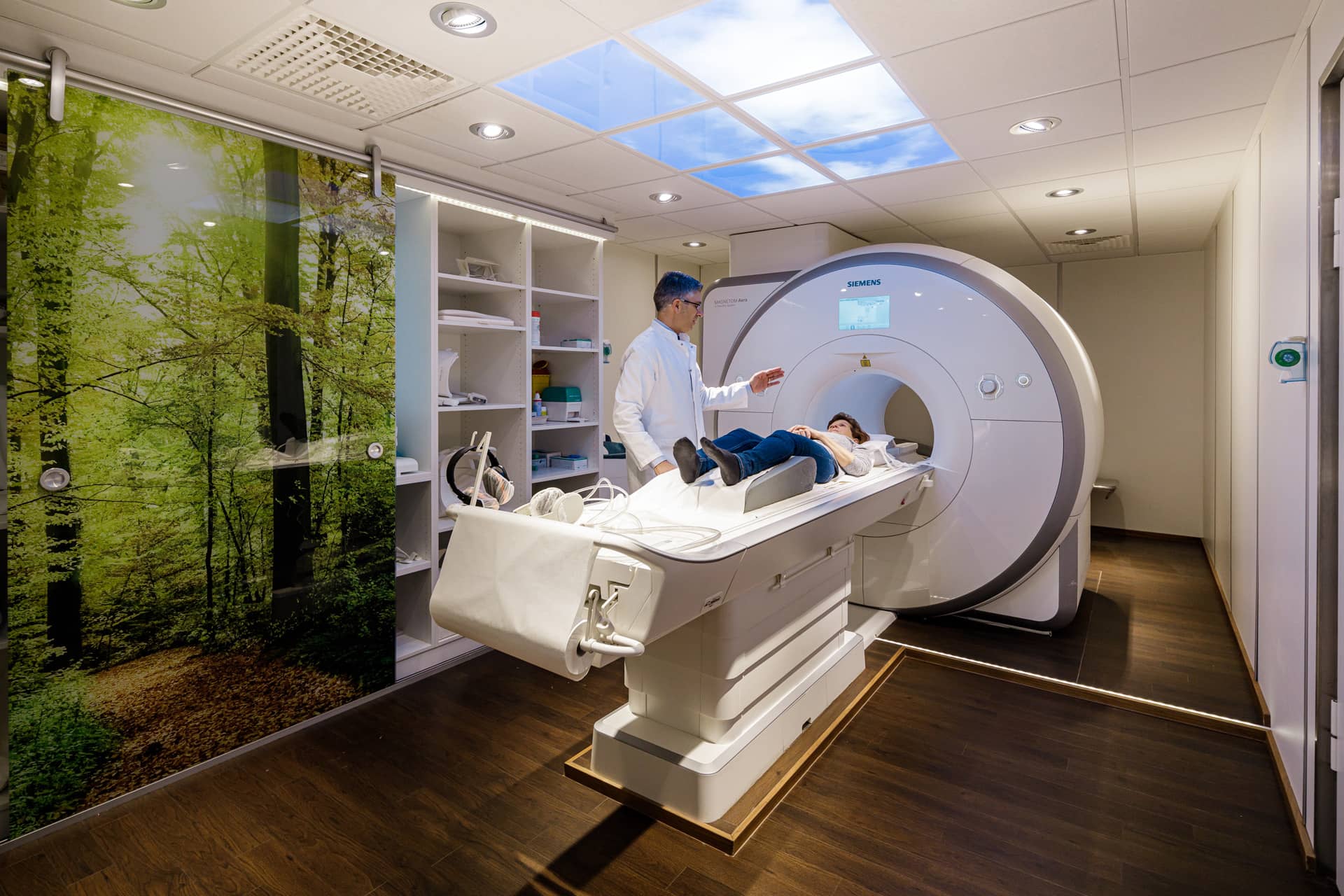Cancer of the colon and rectum is one of the most common cancer diagnoses. Approximately 60,000 people develop colorectal cancer in Germany each year and about two-thirds of all malignant carcinomas are colon tumors. It is the second most common tumor disease in women and the third most common cancer in men.
every 8.
cancer in Germany is carcinoma of the colon or rectum
Colorectal cancer develops from polyps of the intestinal mucosa over many years without any symptoms for the patient. Early detection of potential precancerous lesions is critical for successful treatment and increases the chance of cure.
Where can you have a colon or rectal cancer screening examination in Munich?
Due to the frequent occurrence and the relatively rapid course of the disease, a diagnosis must be made as early as possible. Therefore, screening for colorectal cancer is one of the most important preventive measures. Early detection, diagnosis, and classification of this type of cancer is important because starting treatment in the early stages increases the patient’s chance of cure. Just ask our specialists!

At what point is a screening examination of the intestine useful?
The advantage of regular screening is that, in addition to efficient treatment of colorectal cancer, if detected early, suspicious structures (precancerous lesions) can be identified and removed before they can develop into a tumor. In addition, during the course of screening, genetic predispositions in the family and also poor lifestyle choices can be identified that increase the risk of colorectal cancer in an individual.
Colorectal cancer screening is part of the statutory screening program in Germany. From the age of 50, women and men can take a stool test annually, and from 55 it is sufficient to repeat the test every other year. In addition, a colonoscopy is scheduled every 10 years: For men from 50, for women from 55. Alternatively, those who rule out a colonoscopy for themselves can also have a stool test annually.
What is the procedure for a screening colonoscopy?
Stool test
The stool test examines whether there is blood in the stool. This makes sense because tumors in the intestine bleed more frequently than a healthy intestinal mucosa. The immunological fecal occult blood test (iFOBT) can detect even small, invisible amounts of blood (occult blood) in the stool.
This test can be performed both at the doctor’s office and at home. All that is required is to take a stool sample (test tube with integrated stick) and hand it in to the doctor. The stool is examined in the laboratory. If the test is abnormal, your doctor will discuss further measures with you.
Colonoscopy
Colonoscopy is performed on an outpatient basis, usually in a gastroenterologist’s office (specialist in gastrointestinal diseases). This examination provides more reliable results than stool examination, but this examination is also somewhat more complex. During colonoscopy, the intestine is examined with an endoscope. A finger-thick, flexible tube with a light source and camera is inserted into the intestine and the physician examines the intestinal wall for conspicuous structures. The advantage of this method is that possible precancerous lesions can still be removed during the examination.
However, if the result of the colonoscopy is unremarkable, it is sufficient to repeat the examination only after 10 years. If a person feels this examination is burdensome or does not want to do it for certain reasons, it is also possible to have a stool sample taken annually instead.
What do I need to keep in mind during the screening of the intestine?
Cost absorption
Every person with health insurance is entitled to colorectal cancer screening from the age of 50 and the costs of the examination are covered by the health insurance. From the age of 50 to 65, every insured person receives an information letter from their health insurance company every 5 years, on time for their birthday, to remind them of their preventive checkups.
This includes the stool test and colonoscopy. Other examination methods such as “small colonoscopy” (sigmoidoscopy) or “virtual colonoscopy”, however, are not part of the screening program. These examinations, as well as other, more recent offers, must be paid for by the patient.
To note
Colonoscopy and preparation for the appointment are perceived by some patients as uncomfortable or stressful. For the examination it is indispensable to empty the bowel completely beforehand. To ensure this, the patient must fast and drink a laxative drinking solution before the examination. Your doctor will inform you about the period of time necessary for the preparation in an educational talk and will discuss the exact course of the treatment with the patient.

